Options and Resources
Recommended summer reading
Click here to find the list
IGCSE ECONOMICS
Requirements
It is a prerequisite that students who are planning to take Economics or Business at A-Level opt to follow the IGCSE Economics course since it will give them a solid background to build on at AS/A Level. The IGCSE will be most useful for both the AL Economics course and the AL Business course. This requirement is also expected to have a positive effect on student performance and results. Also, it should be noted that one of the most popular degrees pursued by our students at University is Economics (or other economics-related subjects), therefore, having the background of the IGCSE and later on the A-Level will be very helpful.
The Department, therefore, will NOT accept any students to move on to A-Level Economics and/or Business unless they have taken IGCSE Economics and achieved a passing grade.
Year 3 Option Booklet
IGCSE ECONOMICS
Examining Board: EDEXCEL
Assessment:
The assessment of this qualification is through two examination papers lasting one and a half hours each; Paper 1 examines topics A & B taught in year 4 and paper 2 examines topics C& D, taught in year 5.
- Paper 1: Microeconomics and Business Economics
- Paper 2: Macroeconomics and the Global Economy
Both papers are set and marked by Edexcel.
Each paper counts at 50% of the qualification
Single tier of entry.
The total number of marks available is 160.
The examination paper consists of four compulsory questions, each worth 20 marks.
The questions are a mixture of structured, data response, short-answer, multiple-choice and open-ended questions. Each question will be based on a particular theme which will relate to one of the four sections of the subject content. However, due to the nature of economics, there may be some overlap between the questions.
About the course:
Economics is the study of how we allocate scarce resources. We look at the role that firms, individuals and governments play in this process. We aim to discover the costs and benefits of different policies aimed at dealing with these problems. So the kind of questions we may be studying in Economics include:
- Why was the Eurozone caught up in a debt crisis?
- Why have share and property prices fallen so sharply in the last few years?
- Should the level of taxation be increased or reduced?
- Why is there high youth unemployment and what can be done to reduce it?
- Who should provide health care and education, the public or private sector?
- What are the problems of developing nations in Africa, Asia and elsewhere and what can be done to address them?
- Why do the prices of goods like wheat, oil and sugar fluctuate?
- How will Brexit affect the UK & EU economies?
- What is the role of foreign multinationals in the global economy?
- What are the causes of the banking crisis in Cyprus?
- How is China’s slowdown going to affect the global economy?
The IGCSE in Economics qualification enables students to:
- Develop an understanding of economic concepts and apply these concepts to real-life situations
- Interpret and evaluate economic data in order to make reasoned arguments and informed judgements
- Develop an awareness of economic change and its impact on developing and developed economies
- Understand economic issues, problems and possible solutions that affect mixed economies
- Participate effectively in society as citizens, producers and consumers.
This course will appeal to students who:
Plan to opt for a university degree in Economics or an Economics-related subject such as Business, Management, Marketing, Finance, Accounting & others.
Full specifications can be found using this link:
https://qualifications.pearson.com/content/dam/pdf/International%20Advanced%20Level/Economics/2018/Specification-and-Sample-Assessment/International-A-Level-Economics-spec.pdf
https://qualifications.pearson.com/content/dam/pdf/International%20Advanced%20Level/Economics/2018/Specification-and-Sample-Assessment/International-A-Level-Economics-spec.pdf
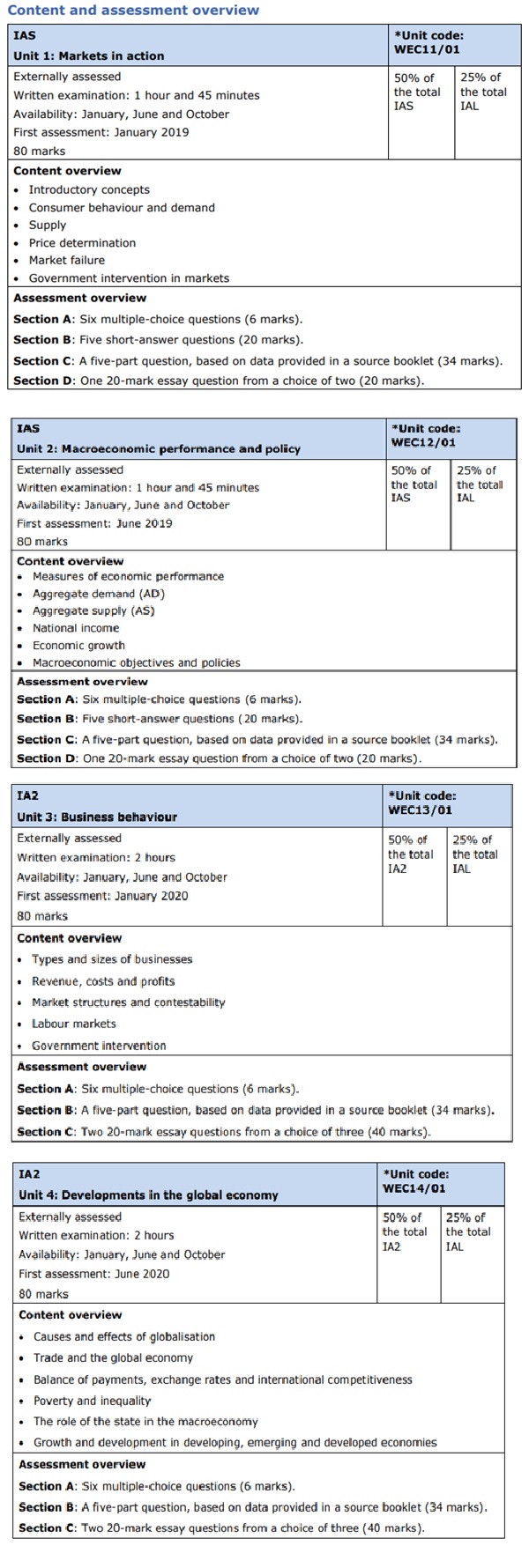
INTERNATIONAL A-LEVEL BUSINESS
Full specifications can be found using this link:
https://qualifications.pearson.com/en/qualifications/edexcel-international-advanced-levels/business-2018.html
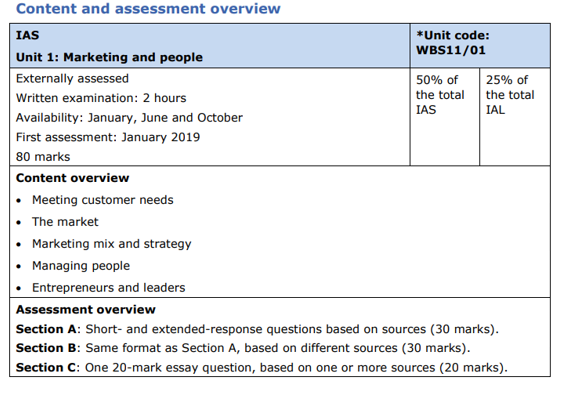
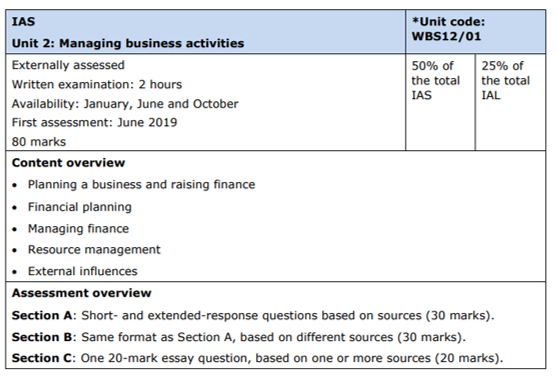
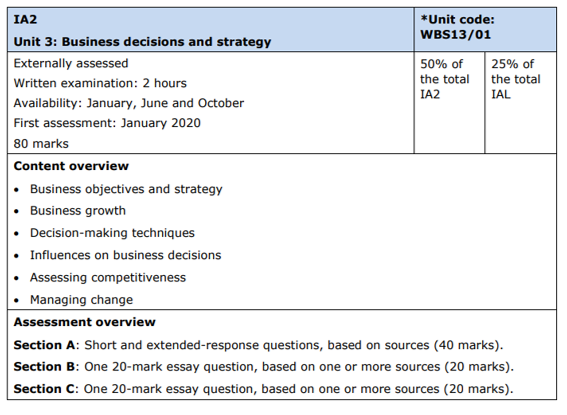
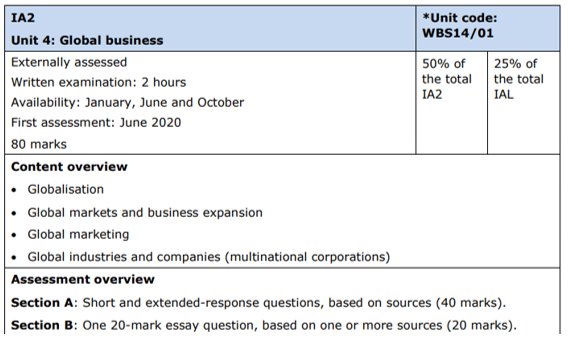
https://qualifications.pearson.com/en/qualifications/edexcel-international-advanced-levels/business-2018.html




